
KITA-UKM hosted its first focus group discussion session among academics on August 27, 2009 (Thursday) at 10am to 1pm at the KITA-UKM Conference Room. This was attended by Prof Dr Ragayah Hj Mat Zain (IKMAS), Prof Mansor Mohd Noor, Dr Vijei, Mr AnisYusal, Dr Kamal Sadiq and Datuk Dr Denison Jayasooria
In this first gathering Prof Ragayah and Prof Mansor presented their findings from their earlier research by extracting key data, implications and recommendations which have relevance for the minority communities in general and for Malaysian Indian community in particular.
Other UKM academics who have agreed to be part of this academic focus group are Prof Chamhuri Siwar (Lestari) and Prof Dato Dr Abdul Raham Embong (IKMAS). They will be presenting their papers at the next gathering.
One major exercise being undertaken by the KITA-UKM team is how do to formulate a development framework which is more inclusive for the bottom 40% of our community especially among the low income groups where relative poverty is the central issue.
Much of poverty focus has been upon the hardcore poor using the poverty line index (PLI). With rural-urban migration how should public policy makers formulate programmes and provisions to address socio economic inequalities among low income families in the urban poor locations.
Prof Ragayah in her presentation made references to the visibility and concentration of low income Indian families in certain urban locations. This must be address by greater access and social inclusion initiatives.
Prof Ragayah also showed through her analysis of data that the issue is not some much inter ethnic income inequalities but intra ethnic inequalities. This aspect of income inequalities within the community is being missed by politicians who continue to focus on race based arguments, when the data is now showing the issues are about socio-economic class and gender which are cutting across all the ethnic groups.
Prof Manor’s inter ethnic studies also shows the struggles of the bottom 40% of Malaysian society who are currently unhappy with delivery concerns. The concerns expressed cuts across all the racial and ethnic groups especially in urban poor locations. He also notes that public policy and policy makers are not giving adequate attention to this dimension.
In the course of the discussion it was pointed out that the civil service must become more sensitive and more responsive to the low income families irrespective of ethnic origins or gender differences. In addition often people are also discriminated based on political affiliations at the grassroots. This too must be avoided in order to ensure that access and equitable opportunities is made available to all Malaysians.

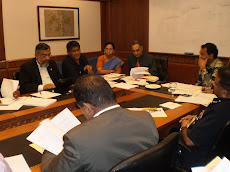


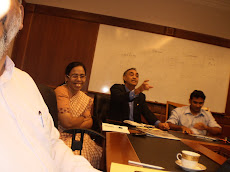

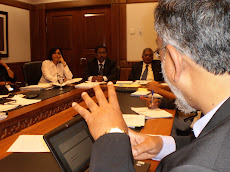
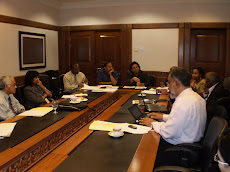
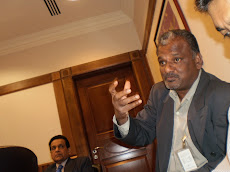
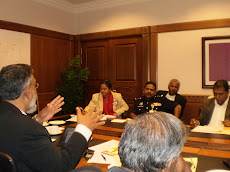
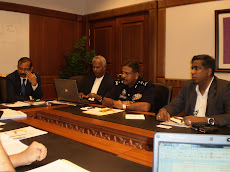

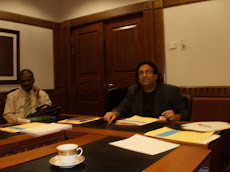
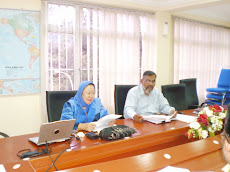

No comments:
Post a Comment